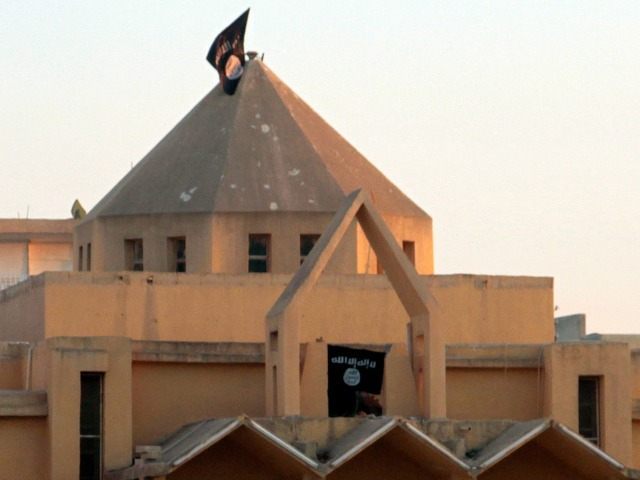The Islamic State (ISIS/ISIL) has started auctioning off property belonging to Christians in Mosul, Iraq, as a way to raise funds.
The terrorist group sold off more than 400 homes, 19 apartment buildings, 167 shops, warehouse, and a commercial garage, reports indicate. Al-Sabah reported the Islamic State needs funds after countries have cracked down on purchasing oil from the group.
In October, the Financial Times stated the coalition has not interrupted the Islamic State’s oil industry in Iraq and Syria. But spokesman Army Col. Steve Warren insisted the airstrikes have destroyed a significant chunk of the group’s oil business.
“Coalition forces curbed ISIS capacity in the export of oil by 90 percent,” he told Rudaw.
In July 2014, experts estimated oil earned ISIS at least $3 million a day, or roughly $90 million a month. The group captured numerous oil fields in Syria’s Diar Alzour province, including the Omar oil field. Almost a year later, the U.S. claimed ISIS was weakening, but militants “seized most of the Baiji oil refinery, the largest in Iraq.”
Other analysts said that ISIS only makes $2 million a month from oil, which is around $24 million a year.
The U.S.-led airstrikes have hit lucrative stockpiles in Iraq’s second largest city, which has been in the grips of the terrorists since June 2014. The airstrike last weekend destroyed Rasheed Bank, which held numerous items belonging to the Islamic State and almost bankrupted them.
The Islamic State has a history of profiting off of those they kidnap and kill. The selling of women and children for sex slavery or holding them for ransom has garnered the most international headlines. In December, German public television aired a segment about the Islamic State selling Yazidi women in Turkey. The terrorist group typically demands between $15,000 and $20,000 for each woman. Yazidi families sacrifice all their money and savings to rescue their loved ones. NDR also reported that Iraqi Kurdish President Masoud Barzani has paid for some of the ransom demands, even though the money lands in the hands of ISIS.
Last February, the militants debuted an open-air market called the “Spoils of Nasara” along the Tigris River. They sold everything from televisions to freezers for 50 to 75 thousand Iraqi dinars ($45.19 – $67.79).
The group also destroyed many historic shrines and temples to prevent the practice of “idolatry,” but the militants knew people would pay millions for the antiques. In October 2014, these sales pushed the group’s accounts from under $1,000 to billions. In al-Nabuk, they stole antiques over 8,000 years old, which netted $36 million for the jihadists. Residents and gangs are allowed to loot the shrines, but they must give 20% to 50% of their profits to the Islamic State.

COMMENTS
Please let us know if you're having issues with commenting.